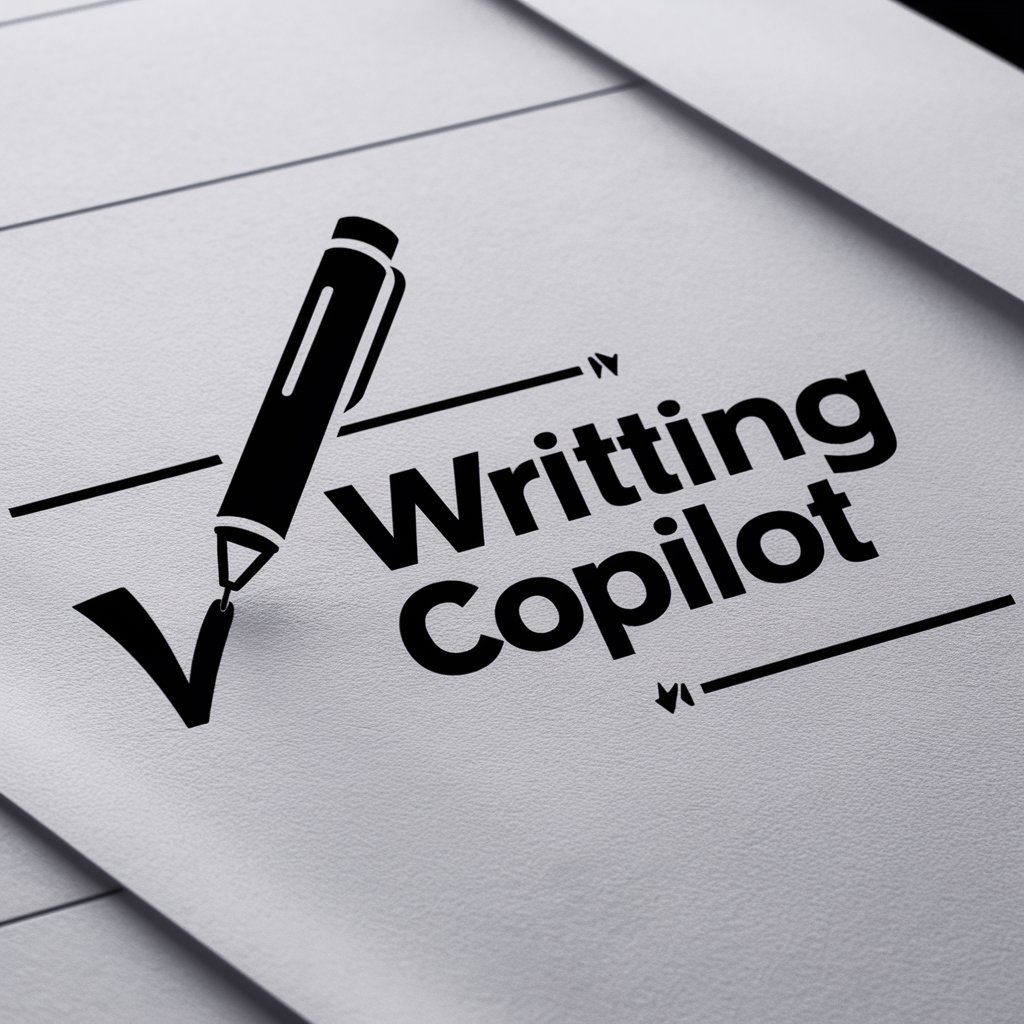
MonsterGPT - LLM finetuning and deployment Copilot - LLM finetuning and deployment

MonsterGPT is an AI engineering MLOps copilot to help developers finetune and deploy AI models with chat driven instructions. Simply chat with MonsterGPT copilot to finetune or deploy an open source LLM such as Mixtral 8x7B, Llama 3 8B and it will configu
Effortless AI Model Deployment and Finetuning
Fine-tune Llama 3 on tatsu alpaca dataset
Deploy Mixtral 8x7B as an API
I want an API for code generation
I want a fine-tuned model for text classification
Get Embed Code
Introduction to MonsterGPT - LLM Finetuning and Deployment Copilot
MonsterGPT - LLM Finetuning and Deployment Copilot is a specialized tool designed to enable users to efficiently deploy, fine-tune, and manage large language models (LLMs) using the MonsterAPI platform. Its purpose is to offer seamless and scalable AI model deployments and fine-tuning operations, particularly for models that use LoRA (Low-Rank Adaptation) adapters. This tool simplifies and automates the process of configuring and deploying generative models on decentralized GPU cloud infrastructures, offering cost-effective, no-code solutions optimized for various use cases. Examples: 1. **Deploying LLM for Text Generation**: A user can deploy a LLaMA model to generate context-aware responses for customer support interactions, scaling operations across distributed cloud GPUs. 2. **Finetuning a Model**: A developer can fine-tune a Mistral model on a domain-specific dataset like Alpaca, optimizing it for a specific task like code completion or financial report generation. Powered by ChatGPT-4o。

Main Functions of MonsterGPT - LLM Finetuning and Deployment Copilot
LLM Deployment
Example
Deploying a Codellama model for code generation tasks in a software development company.
Scenario
A company needs a language model to assist developers in generating, completing, and optimizing Python code. They deploy the `codellama/CodeLlama-7b-hf` model, configure it with the necessary GPU and memory settings, and query the live deployment to assist developers in real time.
LoRA Finetuning
Example
Finetuning the Mistral-7B model on a medical dataset to create a specialized chatbot for healthcare advice.
Scenario
A healthcare provider needs a chatbot capable of understanding and answering medical queries. Using MonsterGPT, they fine-tune the `mistralai/Mistral-7B-v0.1` model on a healthcare dataset with LoRA, allowing the model to learn domain-specific vocabulary and provide more accurate responses.
Model Management and Monitoring
Example
Tracking the deployment status and logs of an LLM model used in a customer service chatbot.
Scenario
A company deploys an LLM for customer service but needs to monitor its performance. With MonsterGPT, the company can check the status of the deployment, retrieve logs for troubleshooting, and optimize the model’s runtime behavior, ensuring seamless operations.
Pre-hosted Generative AI APIs
Example
Using pre-hosted APIs for generating text and summarizing legal documents.
Scenario
A legal tech startup uses pre-hosted generative AI APIs on MonsterGPT to automate the process of summarizing lengthy legal contracts. The startup queries the APIs directly and receives summaries without needing to deploy or manage their own models.
Cost-Efficient GPU Utilization
Example
Deploying a small-scale model on a 1xGPU setup to reduce operational costs while maintaining performance.
Scenario
A company aiming to cut down on cloud costs deploys a smaller GPT-2 model, using a single 16GB GPU node, ensuring performance while keeping the budget in check. MonsterGPT’s flexible configurations enable this cost-saving setup.
Ideal Users of MonsterGPT - LLM Finetuning and Deployment Copilot
AI Developers and Researchers
AI developers looking to fine-tune or deploy cutting-edge LLMs will find MonsterGPT highly useful. Researchers working on specialized tasks can finetune models on their datasets to address niche applications, such as generating legal documents or analyzing scientific data.
Enterprises Focused on Automation
Companies aiming to automate customer service, content generation, or data analysis can benefit from deploying LLMs tailored to their domain. MonsterGPT allows businesses to deploy models that streamline operations, improving efficiency and customer satisfaction.
Startups and Small Businesses
Startups that lack extensive infrastructure for deploying and managing LLMs can use MonsterGPT’s cost-effective, no-code platform to access advanced AI capabilities without the need for deep technical expertise or a large budget.
Educational Institutions
Institutions can leverage MonsterGPT to build intelligent tutoring systems, research assistants, or content-generation bots for education purposes, enabling a personalized learning experience or assisting in research across a variety of fields.
Healthcare Providers
Healthcare providers looking to build AI-driven virtual assistants, such as medical chatbots, can use MonsterGPT to fine-tune LLMs on specialized medical datasets, improving patient engagement and support in health-related inquiries.

How to Use MonsterGPT - LLM Finetuning and Deployment Copilot
Visit yeschat.ai for a free trial without login, also no need for ChatGPT Plus.
Access the website to explore the capabilities of MonsterGPT without the need for any initial setup or subscription.
Sign Up and Authenticate
Provide your email address to initiate the OTP process. Verify the OTP received in your email to authenticate your session.
Choose a Model
Select a base model from the supported list for finetuning or deployment. Ensure it meets your use case requirements.
Finetune or Deploy
Provide the dataset path, and other configuration details. For deployment, specify base and LoRA models. Follow the provided guidelines to configure your request.
Monitor and Query
Check the status of your deployment or finetuning job. Once live, use the provided API endpoint to query the deployed model.
Try other advanced and practical GPTs
Création Service Freelance
AI-Powered Freelance Solutions, Simplified.

Thinkbot 자동 작업수행
AI-powered automation for complex projects
Database Expert
AI-powered solution for database management

Code Assistant
AI-powered development for faster coding

オリキャラプロンプト作成ツール(ちびキャラ編)
AI-powered tool for custom chibi characters

Macro Economy
AI-powered insights for macroeconomic policies.

CoinNews Redactor
AI-powered crypto news creator

VSL Copywriter
AI-crafted copy that converts

案件を俯瞰するリストのガイド
AI-powered guide for outside-the-box thinking.

Creador de Cuartillas
AI-Powered Customizable Article Creation

Dakota Copywriter
AI-powered content creation made simple.

PAM
AI-driven content creation for businesses

Detailed Q&A About MonsterGPT - LLM Finetuning and Deployment Copilot
What is MonsterGPT - LLM Finetuning and Deployment Copilot?
MonsterGPT is a specialized agent designed to assist with finetuning and deploying large language models (LLMs) using MonsterAPI. It leverages the capabilities of the MonsterAPI platform to manage, finetune, and deploy LLMs efficiently.
How do I start using MonsterGPT?
Begin by visiting yeschat.ai for a free trial. Once you decide to proceed, sign up with your email to authenticate your session, select your desired model, configure your finetuning or deployment, and monitor the status through the provided tools.
Which models are supported for finetuning and deployment?
MonsterGPT supports a wide range of models including Falcon, GPT-2, GPT-J, GPT-NeoX, LLaMA, Mistral, MPT, OPT, Qwen, and others. The specific models and their configurations can be found in the MonsterAPI documentation.
Can I deploy private models using MonsterGPT?
Currently, MonsterGPT supports only public models from Hugging Face and models available through presigned URLs. Support for private models is planned for future updates.
How do I monitor the status of my finetuning or deployment job?
You can query the status of your job using the deployment status API provided by MonsterAPI. The response will include details such as the job status, API authentication token, and the URL for the deployment.




